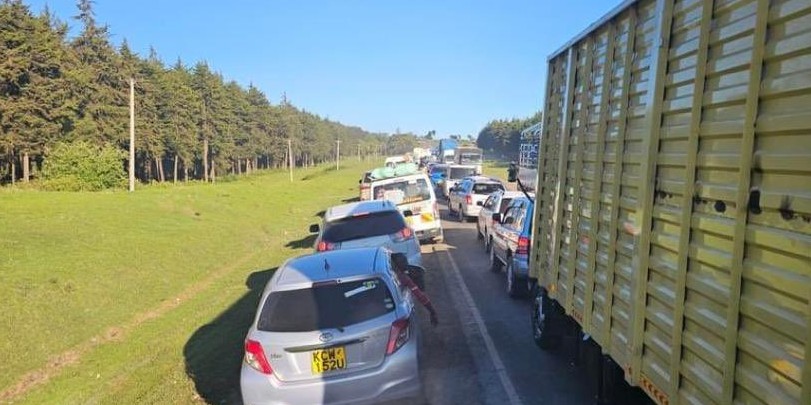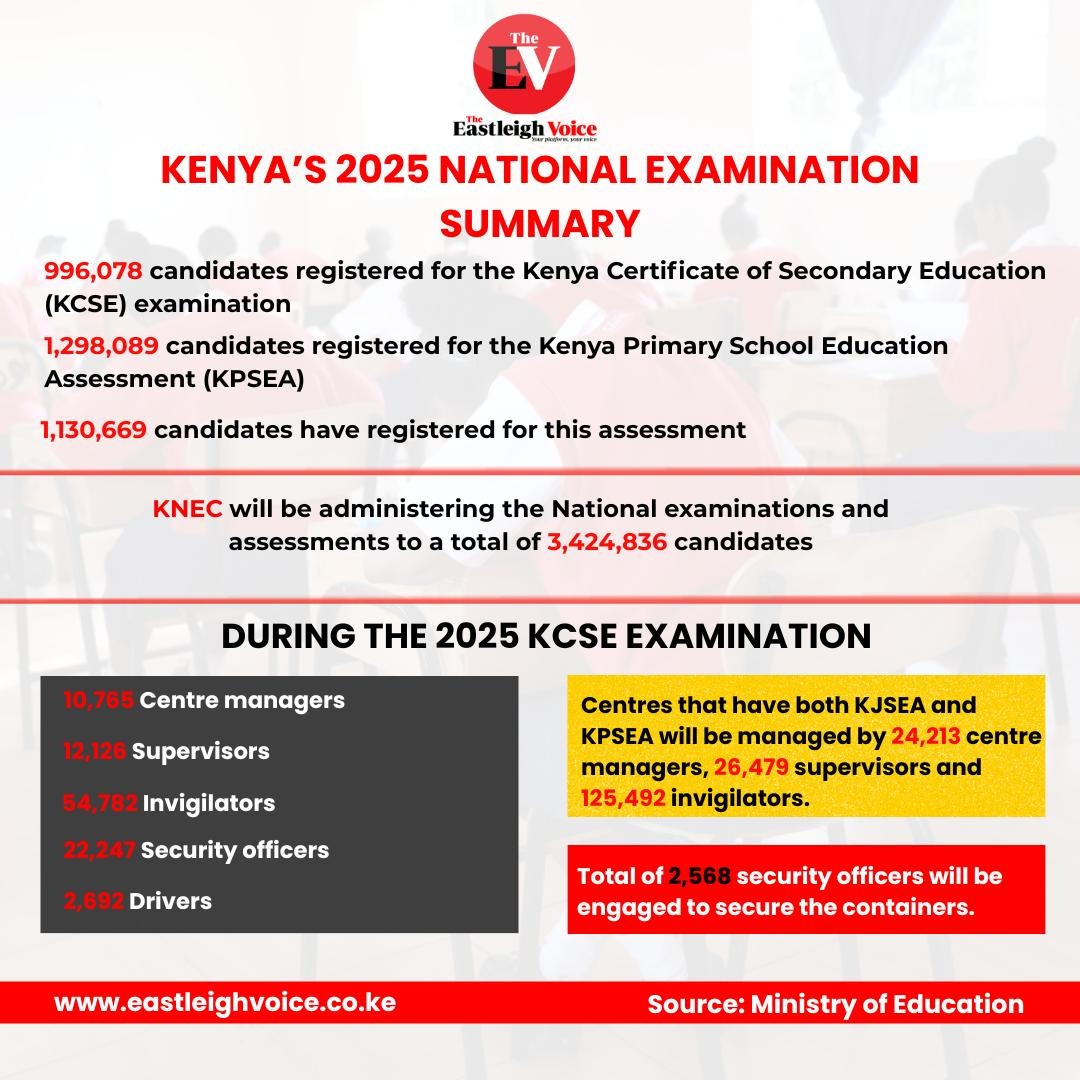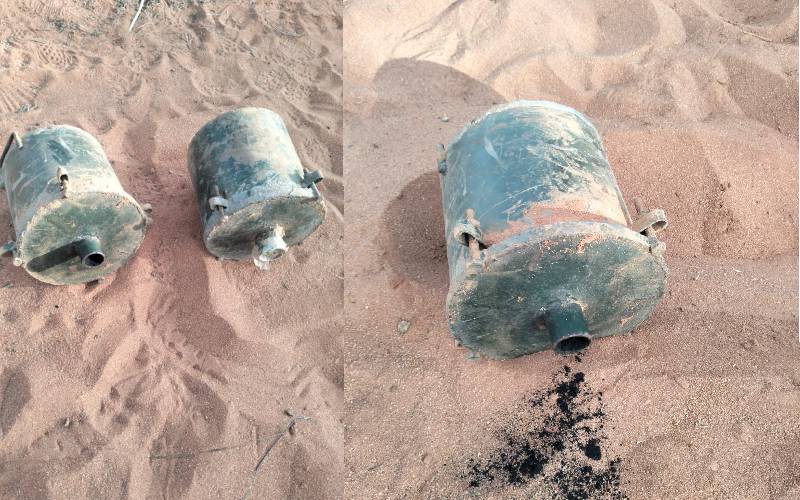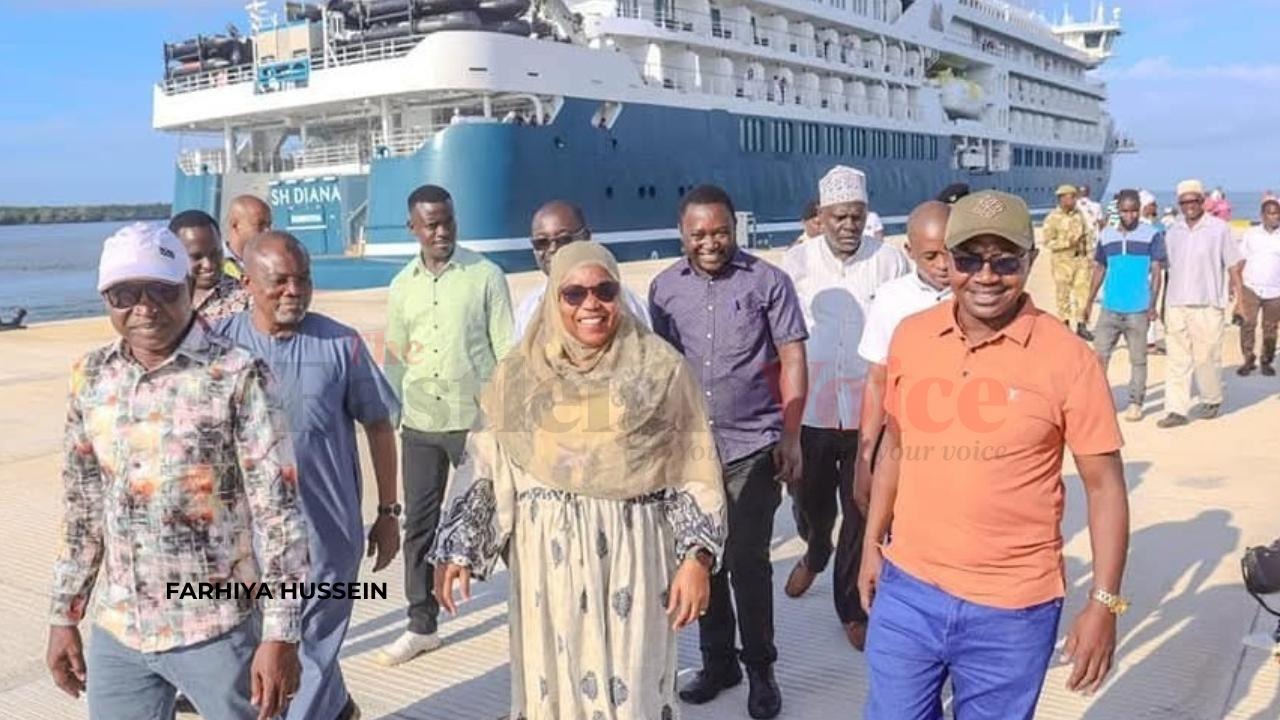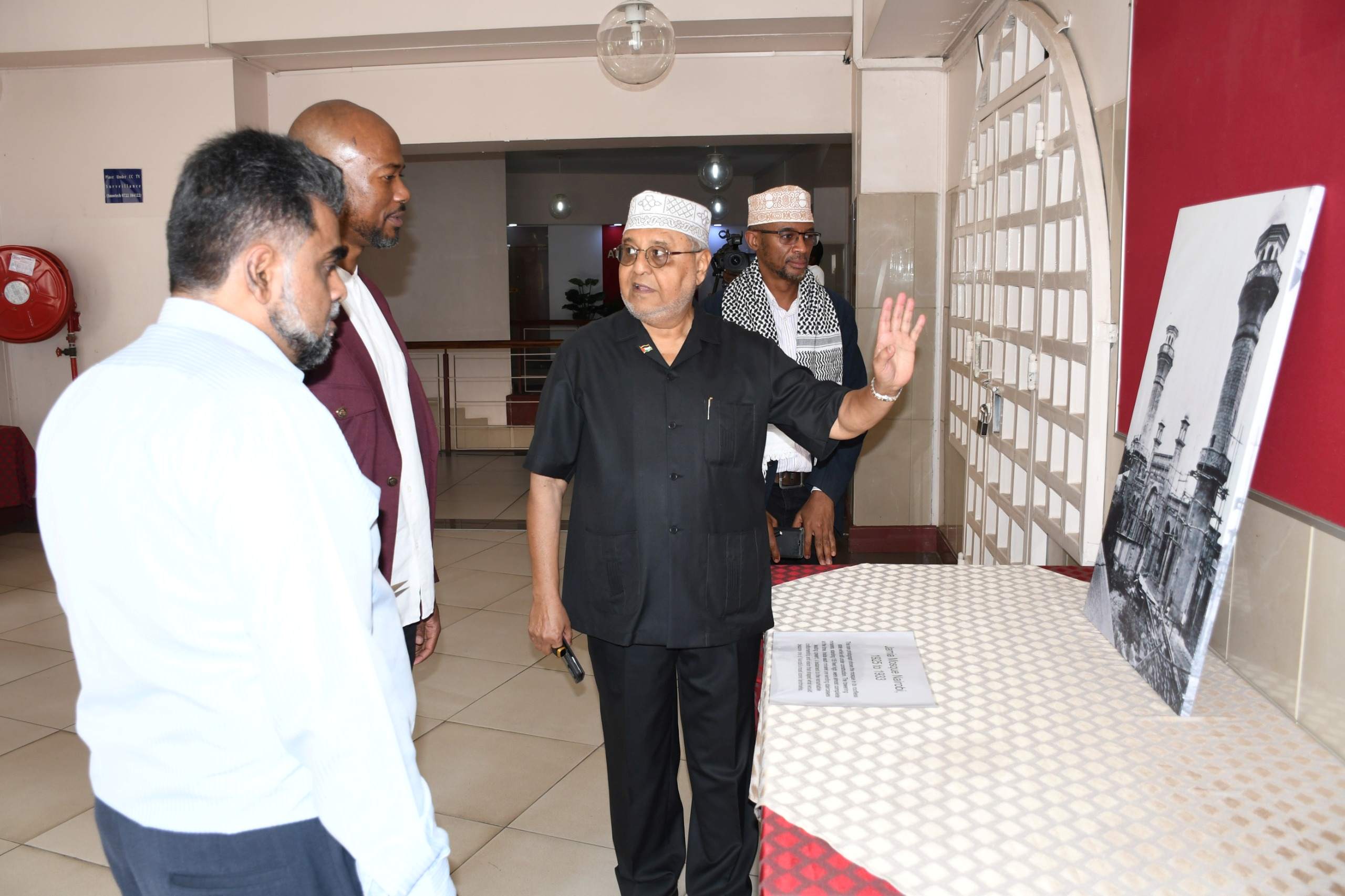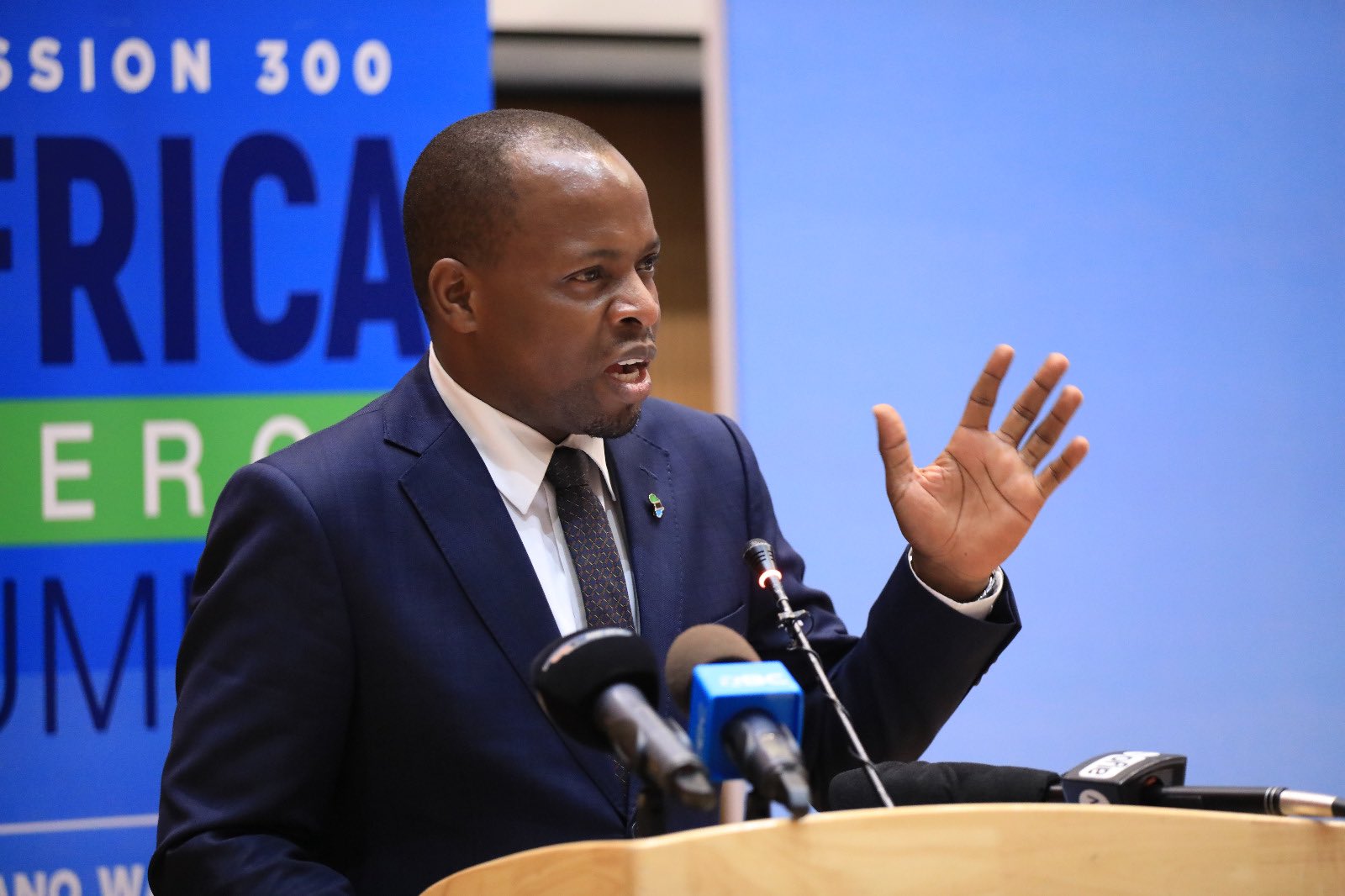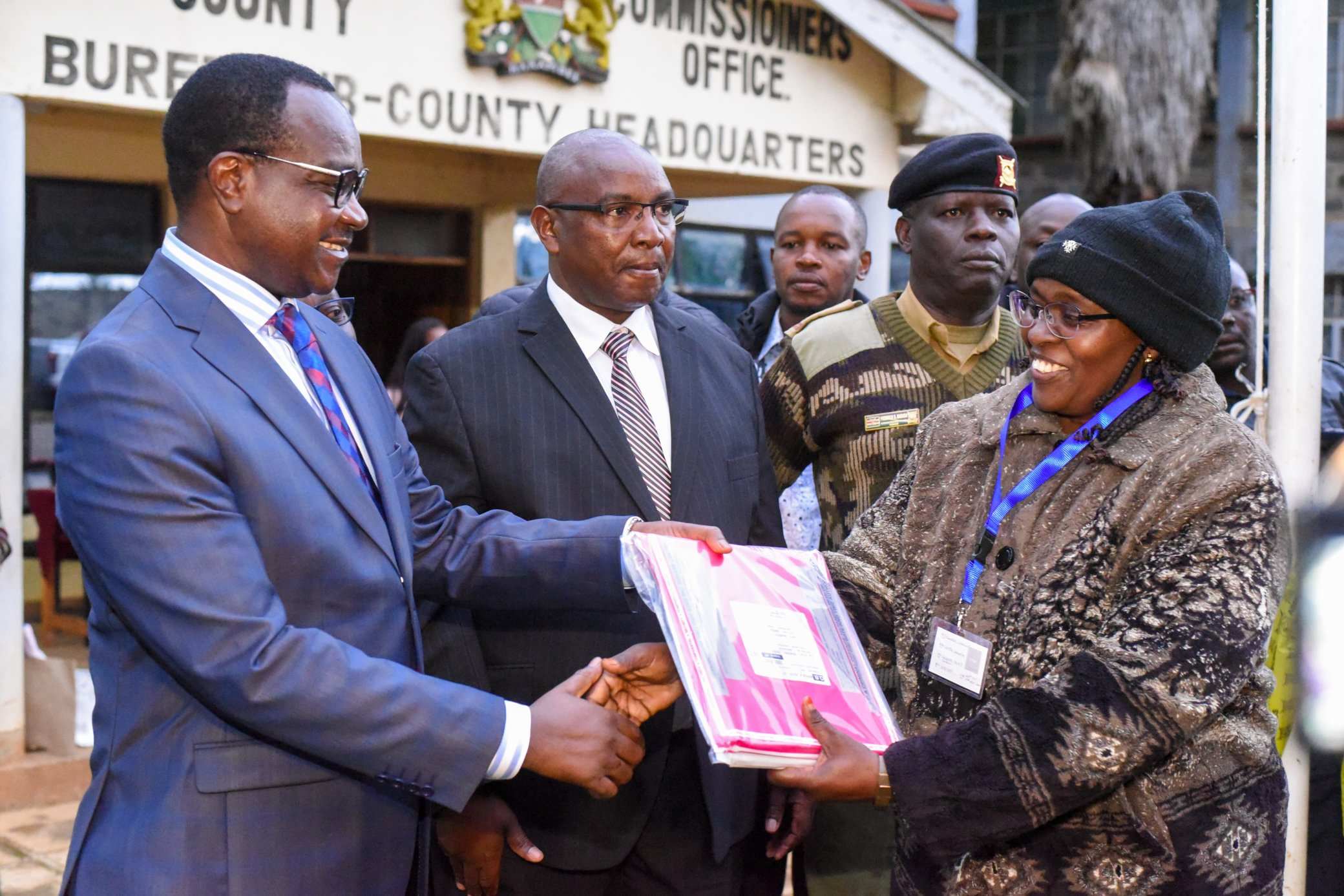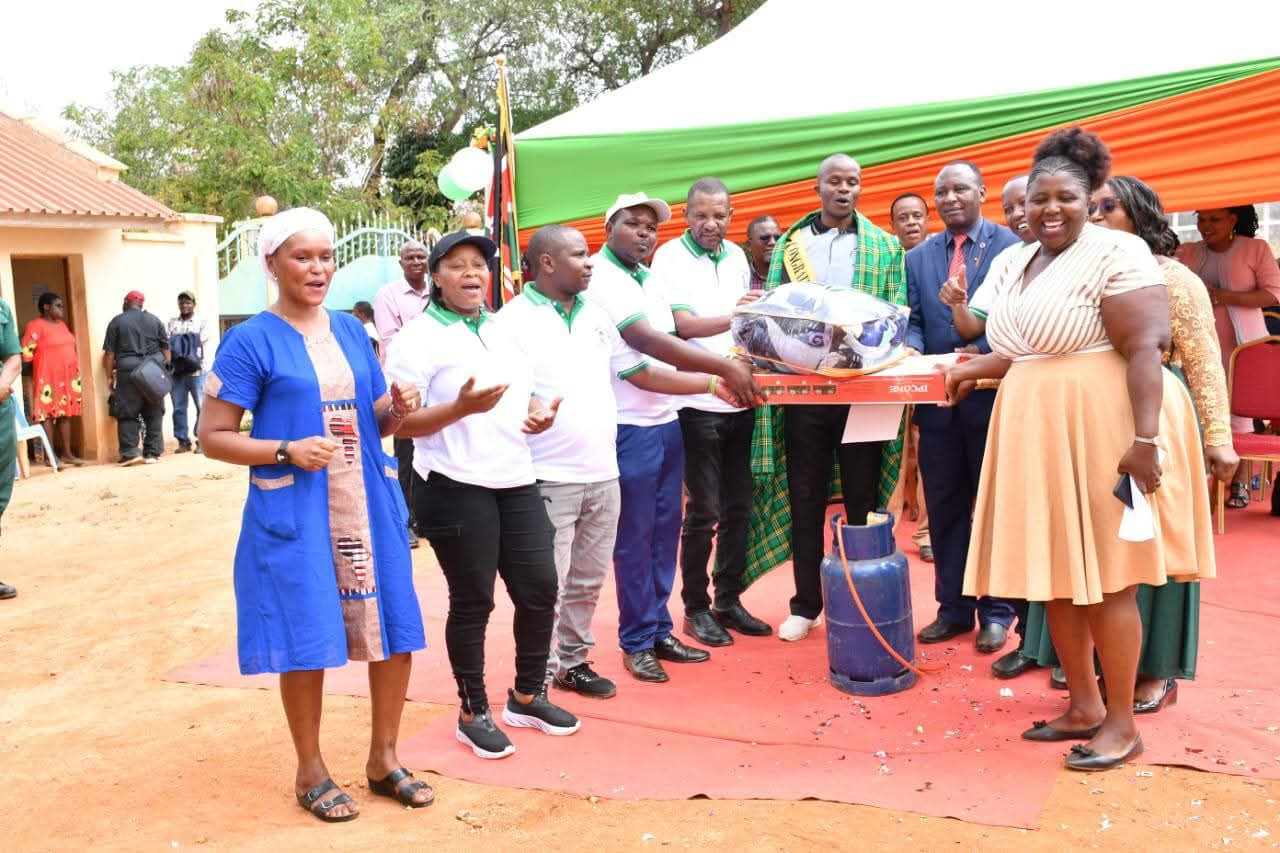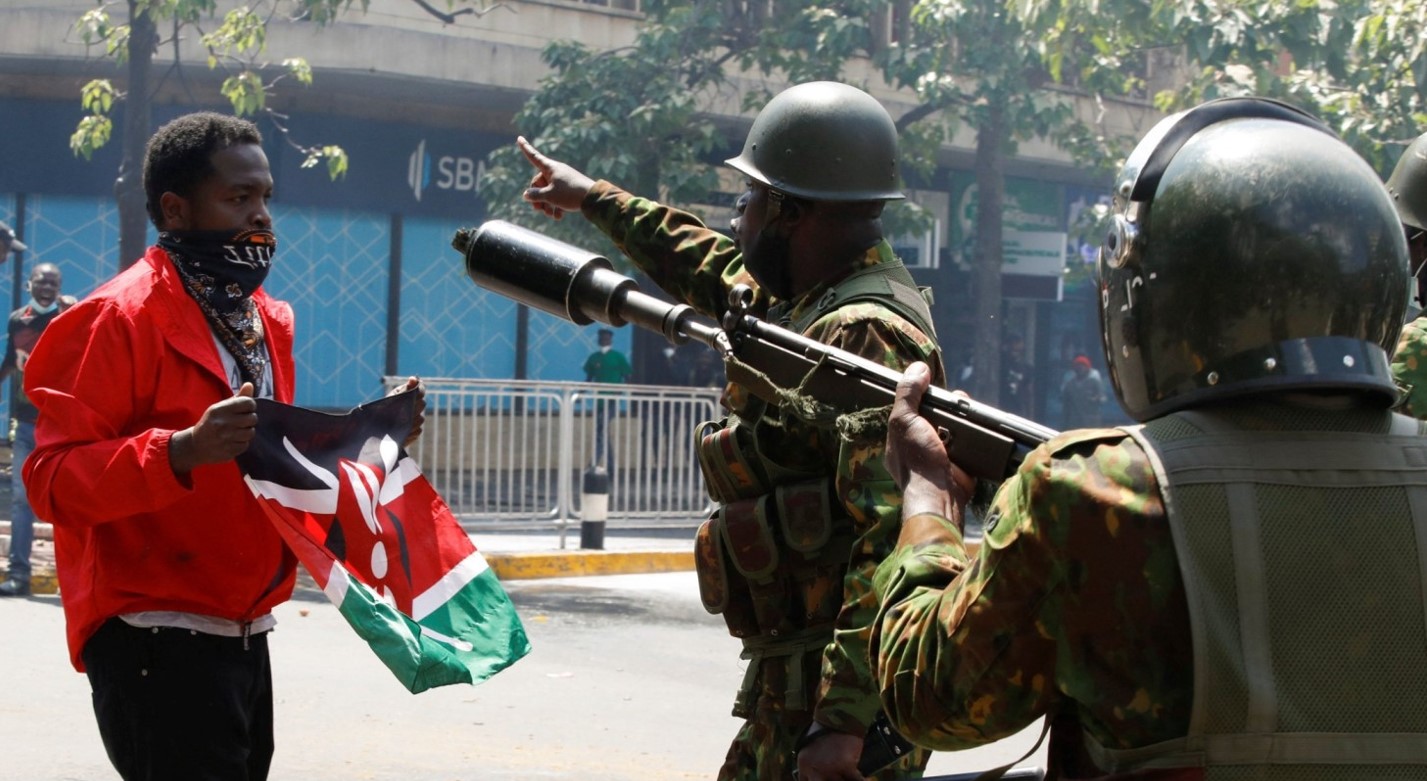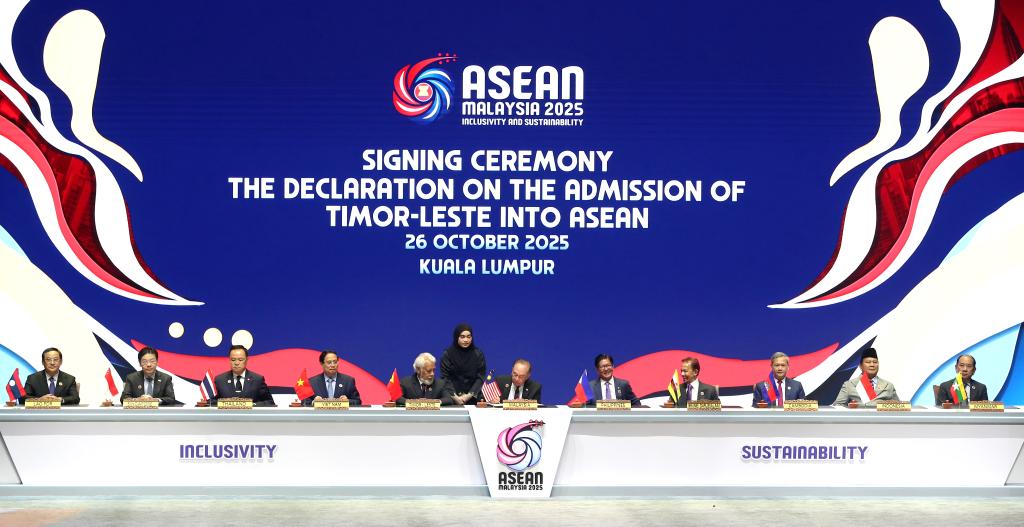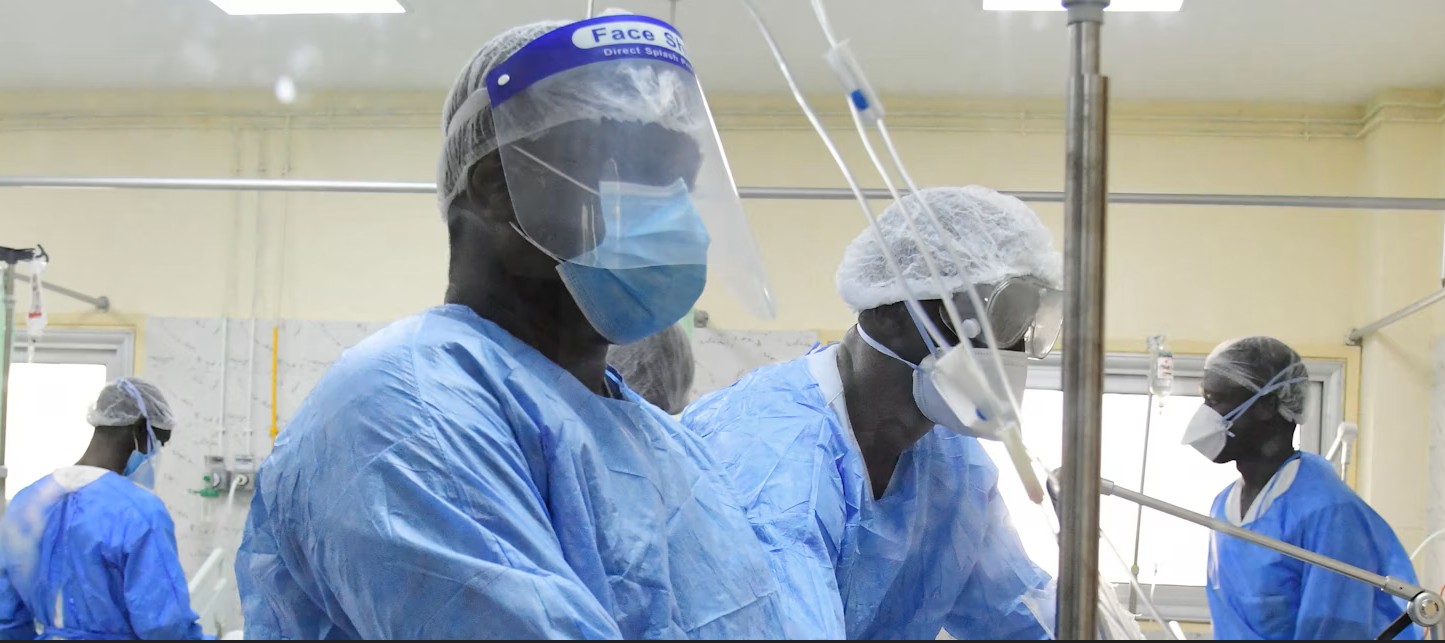PARIS 2024: Bronze for Kenya in men's steeplechase as Moroccan El Bakkali asserts dominance
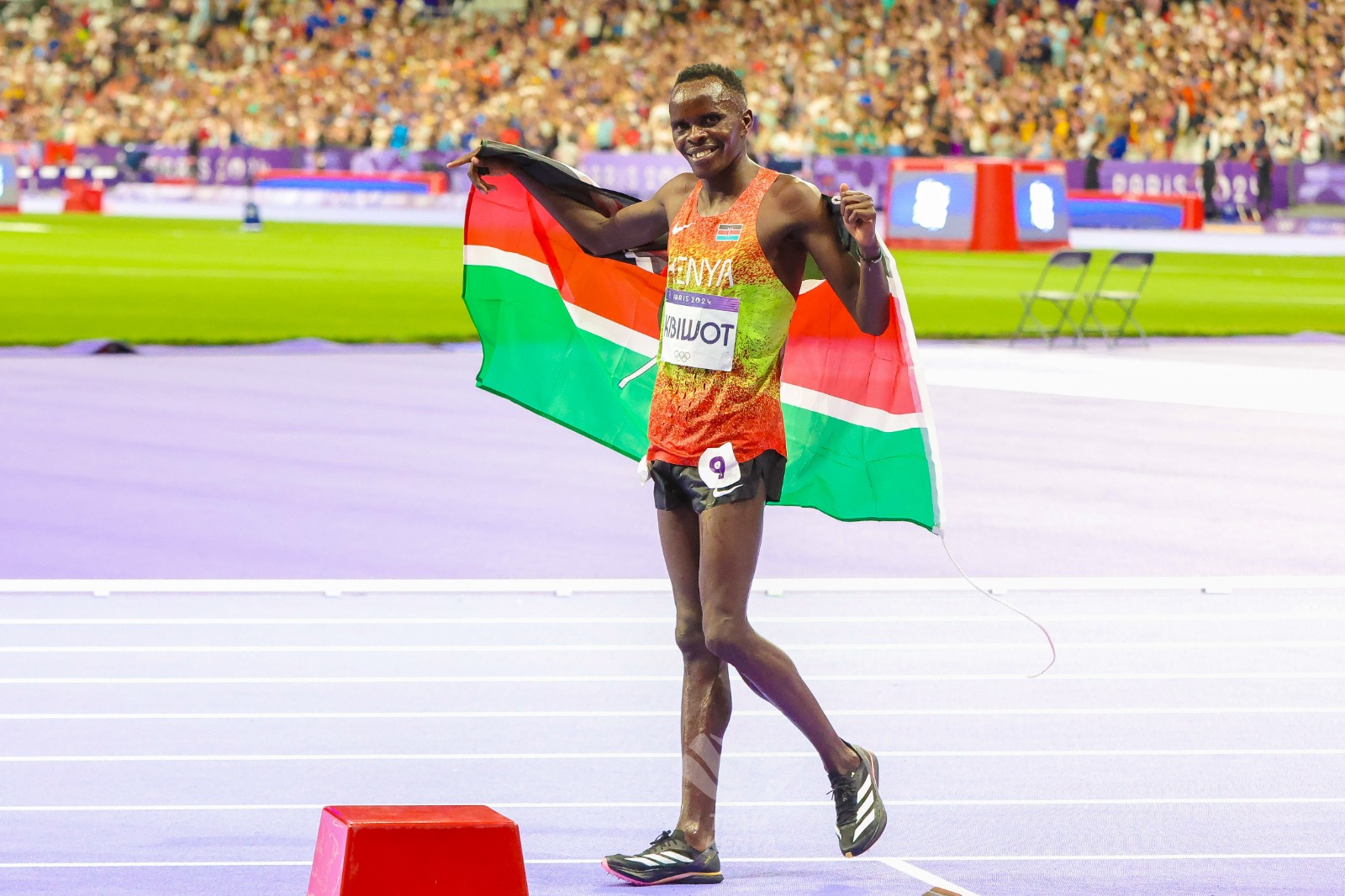
In the semifinals of the 400 metres hurdles contested earlier, Kenya's representative in the event, Wiseman Mukhobe Were, was unfortunate not to make the final of the event after finishing 5th in the third and final semifinal with a time of 49.22s.
It was not to be the night that Kenya wrestled back dominance of the men's 3 000 men's steeplechase at the Olympic Games but Abraham Kibiwot's bronze medal performance in the event's final at the 2024 Paris Olympic Games on Wednesday night at the Stade de France in Saint-Denis, Paris, was the silver lining to the nation's quest to restore its status in the seven-and-a-half lap race to its golden years.
Kibiwot put up a dogged and determined fight for gold, with his every stride in the final lap a purposeful attempt to outrun the Moroccan Soufiane El Bakkali, the reigning world and Olympic champion, and the American Kenneth Rooks as the trio engaged in vicious contest for the gold medal.
More To Read
- KNPC and Government promise change ahead of 2028 Paralympic Games
- Kenenisa Bekele opens up about Paris Olympics struggles and future plans
- Paris 2024: Data proves Kenya needs to diversify its sporting portfolio
- Kenya's Paris Olympics performance highlights need for sporting diversification
- Ruto calls for continuous improvement to build on Kenya's Olympic success
- From tears to triumph, Kipyegon reflects on emotional Paris 2024 Olympics
BRONZE MEDALIST! 🥉
— TeamKenya (@OlympicsKe) August 7, 2024
What a way to make a comeback, Abraham Kibiwot.
Season Best to add the icing on the cake. 😋#TeamKenya #HesabikaNaMabingwa pic.twitter.com/wmv8UZcqaU
Eventually, Kibiwot's effort was only good enough for the bronze medal after he fell short in that battle, crossing the finish line with a personal best time of 8:06.47.
Soufiane El Bakkali, the modern day Ezekiel Kemboi, won the race with a season best time of 8:06.05, defending his Olympic title from Tokyo three years ago.
Kenneth Rooks, the sneaky American who initiated the frantic race to finish line after going unnoticed throughout the race, took silver with a personal time of 8:06.41.
Kenya's other representatives, Simon Koech and Amos Serem, in that race did not fare well.
Simon Koech, who had gotten into the medal positions with three laps to go, was left playing catch up when El Bakkali and Kibiwot reacted swiftly to sabotage Rooks' wily cruise to the sunset in a energized bid to become the first American winner of the event at the Olympic Games since Horace Ashenfelter in 1952.
Koech finished 7th with a time of 8:09.26, a season best.
Serem, on the other hand, was never in the race. Throughout the race, his luminous kit stood out in the trailing pack whose main ambition was just to escort the rest of the field. It was an uninspired and subdued performance by the 21-year old who only made the final following a referee's decision after he was pushed by an opponent during his heat race. Serem finished 14th with a time of 8:19.74, beating only the Ugandan Leonard Chemutai finished last in 8:20.03.
The Ethiopian Lamecha Girma, the world record holder in the event and the Tokyo 2020 silver medalist, did not finish the race. Girma fell over the hurdle before the penultimate water jump.
His compatriots, Samue Firewu and Getnet Wale, who had led the race on several occasions could not make up for Girma's stumble and ouster, as they finished 6th and 9th with times of 8:08.87 and 8:12.33 respectively.
The Japanese Ryuji Miura was the top ranked non- African in the race, finishing 8th with a time of 8:11.72 but it was the Indian Avinash Mukund Sable who made the biggest impression in the race's opening stages with his galloping running style which saw him leading in the first 800 metres. Sable ended up finishing 11th with a time of 8:14.18.
The race also saw the setting of a national record by the Tunisian Mohamed Amid Jhinaoui who was fourth with a time of 8:07.03. His compatriot, Ahmed Jaziri, finished behind him in fifth place with a time of 8:08.02, a personal best.
Other contestants in the race were the Spaniard Daniel Arce (10th, 8:13.80), Mohamed Tindouft of Morocco (12th, 8:14.82), and Canada's Jean-Simon Desgagnes (13th, 8:19.31).
In the semifinals of the 400 metres hurdles contested earlier, Kenya's representative in the event, Wiseman Mukhobe Were, was unfortunate not to make the final of the event after finishing 5th in the third and final semifinal with a time of 49.22s.
Wiseman Were, you've cleared every hurdle and earned the title of an OLYMPIAN!!🏆
— TeamKenya (@OlympicsKe) August 7, 2024
Thank you for making #TeamKenya proud🇰🇪#TeamKenya #HesabikaNaMabingwa pic.twitter.com/9nS6nstrLo
Were needed to finish in the top two positions in his semifinal to qualify for the final automatically, or register one of the two fastest times among athletes ranked outside the two in their races.
Sadly, Were fell short on both criteria despite starting his race well, clearing the first hurdle before the other athletes.
However, as the race won, Were's body could not keep up with the energy demands, fading after 200 metres to finish in fifth place in the race won by the American Rai Benjamin with a time of 47.85s. Roshawn Clarke was second after clocking 48.34s.
Top Stories Today
